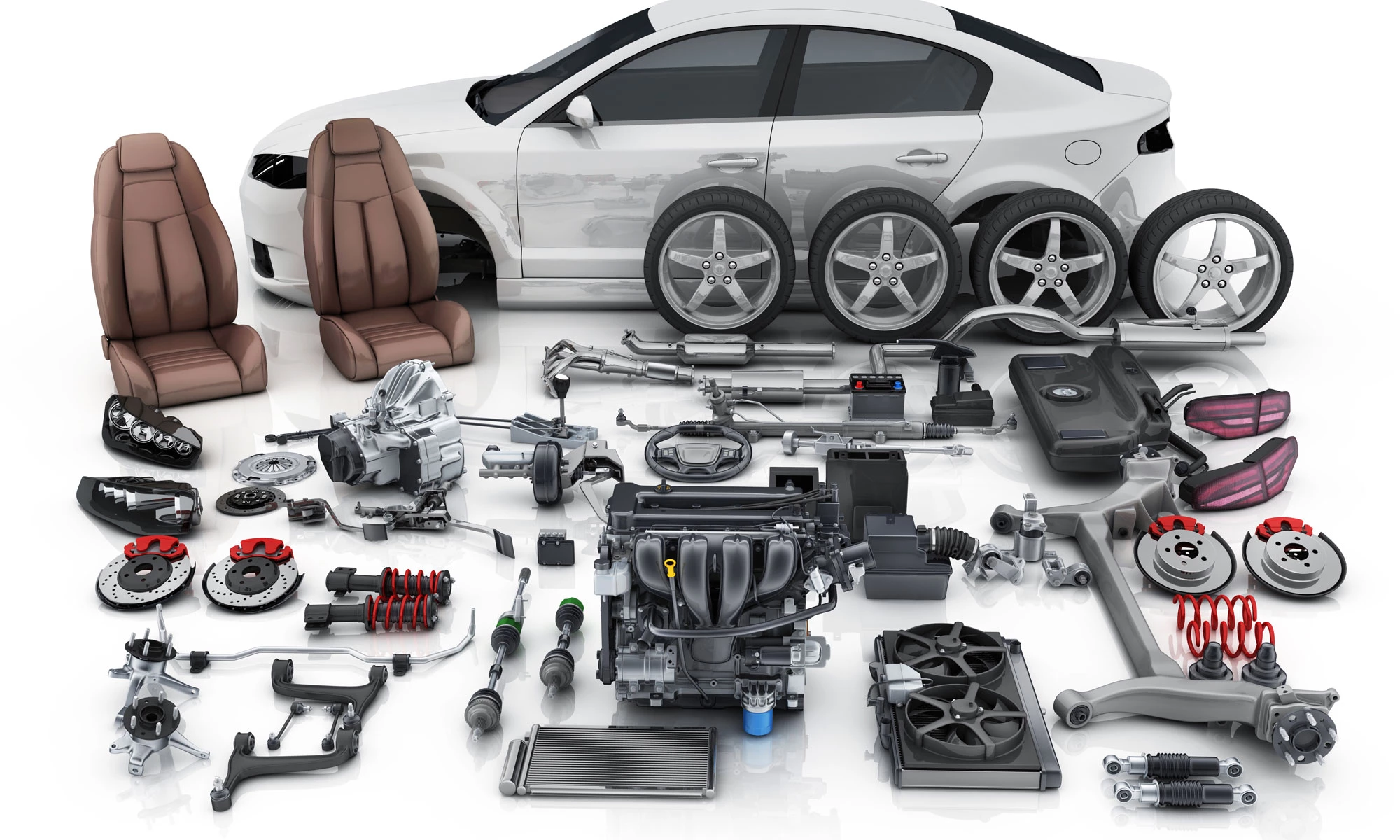Possibilities for variant reduction
The approach to reducing complexity involves a number of steps. Starting with the recording of the entire process and the identification of the variant driving product contents. The initial focus is on the technical possibilities of reducing the number of variants. Once the various scenarios have been recorded, they are viewed in the light of the overall economic process. Only by including the entire process chain can the effects of a technical variant reduction be estimated. A successful optimization leads to a direct cost reduction in the areas of purchasing, logistics and warehousing with a simultaneous increase in quality. The latter is due to the focus on the lower quantity of content to be secured. It is recommended to find a standardized solution. The processes remaining after the reduction are systematically optimized to increase process reliability. The collected scope of the scenarios represents an important basis for evaluation on which the suitable variant is selected. The implementation of this concept manifests itself in a timely sphere of action. In order to keep the complexity of future processes and products as low as possible, the principles established in the first process must be adhered to. Any optimization of processes and products must therefore be incorporated into the following procedure and adapted where possible.
Retroactive analysis of the compatibility of existing variants with each other
Specific aftersales solutions
In the aftersales area, serial products and processes are usually pursued sequentially. The use of prefabricated solutions developed in series appears to be a logical consequence and the least obstacle. It is often disregarded that a variant reduction is possible at all. Synergy effects can be created by retrospective analysis of the compatibility of existing variants with each other. This results in a reduction of parts. The decreasing complexity and variety of variants directly reduce the effort in the aftermarket sector and increase profitability at the same time.
Practical example
In summary, the reduction of variants while maintaining the same level of customer satisfaction is a measure that has the potential to reduce costs and at the same time increase the quality of the modules created. In practice, this process has already found its way into many industries. A popular example of a variant reduction in series production is the modular transverse construction kit introduced by VW AG in 2012. Four different vehicle manufacturers in the Group use the same range of front and rear modules. These modules allow combinations of different wheelbases and track widths. The production lines are able to construct the different models flexibly due to a flexible shifting technology. The result speaks for itself: vehicles built according to the MQB standard are between 40 kg and 60 kg lighter than their predecessors. Furthermore, this measure allows the standardization of many processes on the way to the finished product. In addition to the obvious effects mentioned above, the joint development of the four vehicle manufacturers on a single platform will result in financial advantages in procurement and visible synergy effects. In addition to the MQB, the VW Group also introduced the modular longitudinal construction kit (MLB) and the modular electrical construction kit (MEB).

